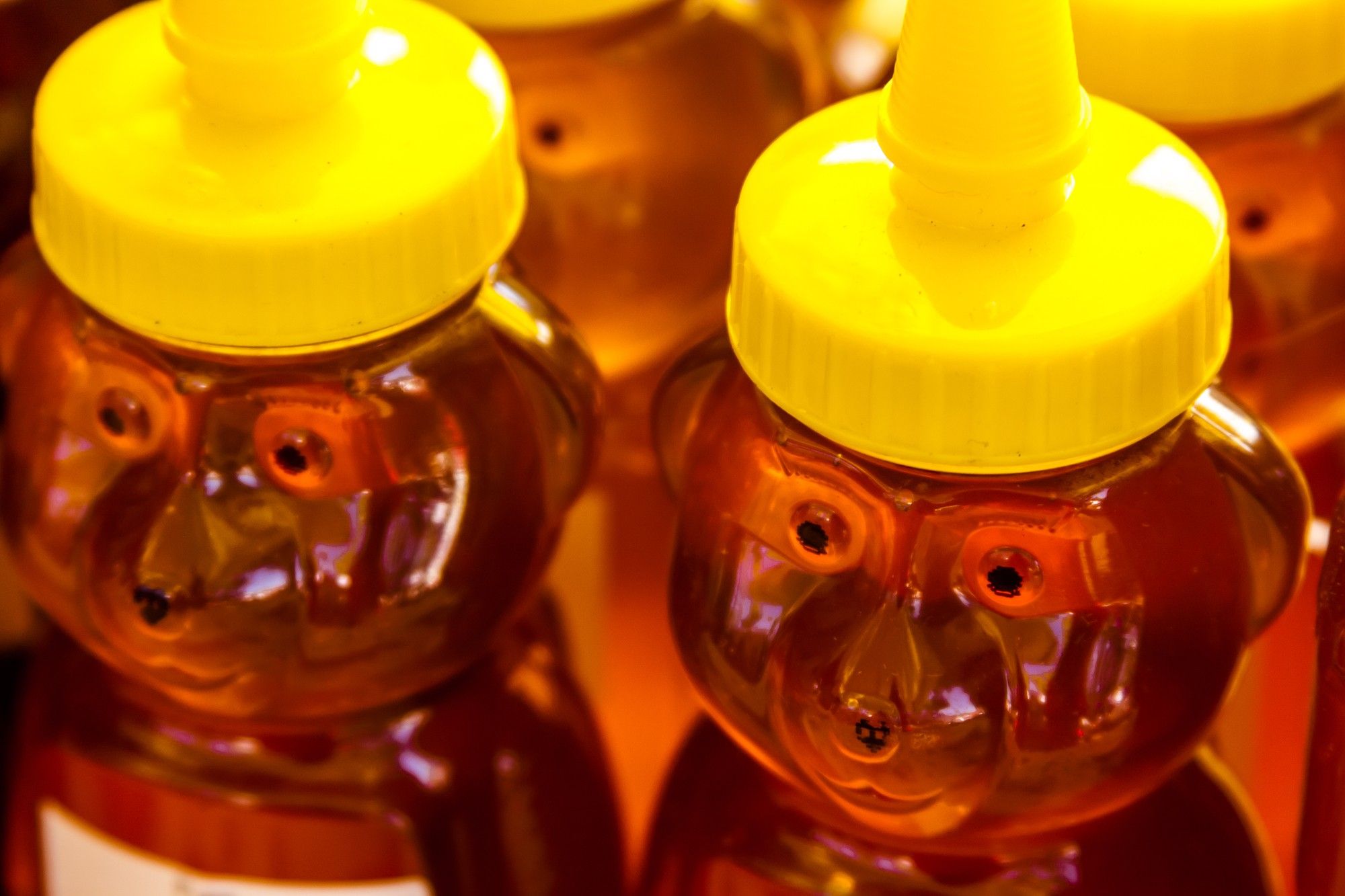Top Class Actions’s website and social media posts use affiliate links. If you make a purchase using such links, we may receive a commission, but it will not result in any additional charges to you. Please review our Affiliate Link Disclosure for more information.

Honey has been found to be one of the world’s most faked foods, and the not-so-sweet reality is the U.S. government isn’t doing much about it.
In fact, honey is the world’s third most faked food, behind olive oil and milk, according to compliance company Decernis, and despite 2013’s “Operation Honeygate” investigation by the Justice Department there is still no national standard on honey.
In the 2013 investigation, importers Honey Solutions and Groeb Farms were charged with shipping fake or adulterated Chinese honey through other Asian or European countries before importing them into the U.S. in order to avoid a ban implemented on Chinese honey because of honey-tampering.
It was the biggest case of food fraud in U.S. history, and it helped the companies avoid $180 million in shipping duties as well as hiding the honey’s true origin, Business Insider reports.
Eight years on, the problem still persists affecting beekeepers, bees and consumers across the globe.
A 2019 class action lawsuit claimed honey from Strange Honey Farm LLC was not 100 percent raw honey from Tennessee, like the company claimed. And in 2012 a series of class action lawsuits were filed in Florida accusing four major grocery chains of selling a store-brand product labeled as honey that didn’t even contain pollen.
Just last year, a California federal court judge certified a class action lawsuit against Sue Bee by a consumer who claimed the company falsely labels their honey as being “100% pure.”
A problem with identifying fake honey in the U.S., is the fact that there is no universal definition of the real thing.
The American Beekeeping Federation, which represents U.S. producers of non-ultra-filtered honey, has previously petitioned the Food and Drug Administration to create a legal standard for honey, but to no avail. The group argues real honey must contain pollen (which can cause crystallization), but other honey-making groups disagree and say ultra-filtered honey is still real honey.
Ultra-filtered or not, beekeepers in the U.S. all agree honey should not contain added sugars. But, according to Wired UK, food-safety experts found corn or rice syrup, malt sweeteners or “jiggery” (cheap, unrefined sugar) was being added to a small amount of real honey in China and being classified and exported as honey.
The Department of Justice even found some honey coming out of Asia contained lead and other heavy metals, as well as the antibiotic chloramphenicol.
A lawyer behind several class action lawsuits involving honey fraud said as much as 70 percent of U.S. honey could be fake. The exact amount is hard to quantify, but a 2018 study of honey for sale in Australia found 27 percent of tested products were faked or adulterated.
Given the huge amount of honey Americans consume – more than 400 million pounds a year – it’s a problem of grand proportions, especially for the country’s beekeepers and bees.
Fake honey often ends up in the U.S. the same way it did in Operation Honeygate, by being sent from China to an intermediary country where it is relabeled, possibly mixed with some local pollen and shipped on, according to VICE.
A 2020 study from global beekeeping group Apimondia found global honey prices and export figures weren’t stacking up, with major honey exporters like Canada, Argentina, Brazil and Mexico, increasing exports by 6.5 percent over the past ten years, while China, India, Vietnam and Taiwan increased exports by 96 percent, The Western Producer reports.
The dramatic increase in export suggested those nations were producing or exporting fake honey originally made in China, and the “dubious” increase distorted prices in Western Canada and elsewhere, The Western Producer laid out.
“Adulterated or fake honey depresses the price for real honey, making honey production unprofitable,” Kelvin Adee, president of the American Honey Producers Association, reportedly told Insider. “Beekeepers have to turn to other sources of income such as packing and retailing honey themselves, raising queens/hives for sale or pollination services. Honey production by itself is not a sustainable option.”
Currently, honey in the U.S. does not require official inspection in order to carry official USDA grade marks and there are no existing programs that require the official inspection and certification of honey, according to the federal register. This means there are no consequences for fake USDA labels, resulting in a market rife with false claims.
Enforcement is based solely on responding to complaints, journalist and author Larry Olmsted told Forbes, and the FDA only acts against honey manufacturers if it detects a potential food safety issue, Insider reports.
Although scientists across the globe are coming up with solutions to identifying fake honey, there is still little way for consumers to know what is really in their honey.
The easiest way to buy real honey is at farmers markets from a small producer who makes it locally, Olmsted said.
Where do you buy your honey from? And do you know where it comes from? Let us know in the comments section below!
Read About More Class Action Lawsuits & Class Action Settlements:















185 thoughts onFake Honey Leaves Consumers in a Sticky Situation
Add me
Whole foods or grocery store, please add me